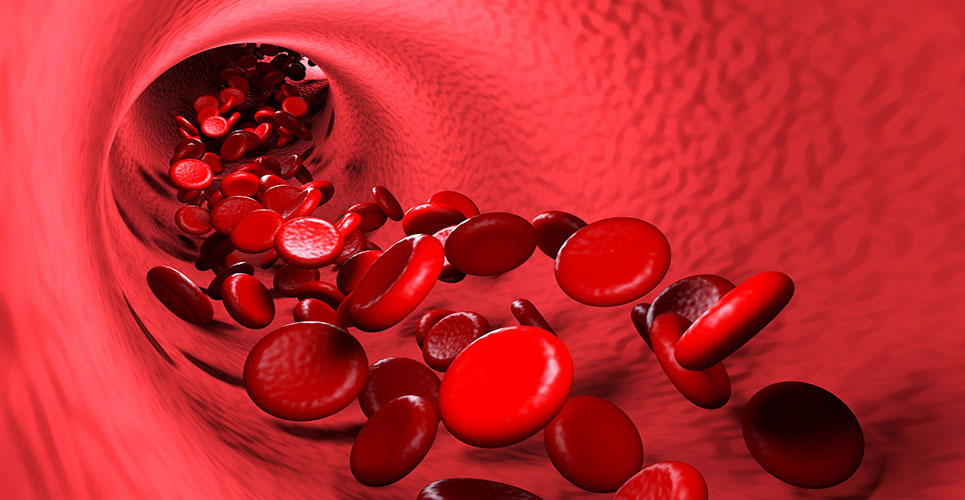teaser
Interleukin-2 (IL-2) monotherapy is not effective as a maintenance therapy for acute myeloid leukaemia (AML) patients in first complete remission, according to research published in the haematological journal, Blood.
The research, which was part of a meta-analysis by EpiCept Corporation, attempted to determine the efficacy of IL-2 monotherapy by combining all available individual patient data from five randomised clinical trials and summary data from a sixth trial.
The combined individual patient data of 1,455 patients collected over several years showed no benefit of IL-2 compared with standard of care in terms of leukaemia-free survival (LFS) (p=0.74) or overall survival (OS) (p=0.39). This analysis encompasses all randomized studies examining the role of IL-2 as monotherapy in AML.
The authors highlighted the view that the efficacy of IL-2 monotherapy could be hampered by the activity of other immune cells. Several preclinical studies have established a role for Ceplene® (histamine dihydrochloride) to protect the viability and function of anti-leukemic lymphocytes. A Phase III randomised trial of AML patients in complete remission with Ceplene®/IL-2 combination therapy resulted in a significant prolongation of LFS (p<0.01) and a trend towards improvement in OS (p=0.12).
The authors concluded that the suggestion that IL-2 has the potential to improve LFS and OS in AML may be valid, but for IL-2 to exert a significant clinical effect on relapse prevention in this disease, its activity may need to be protected by Ceplene®.
The findings of this meta-analysis provide further evidence of the pivotal role that Ceplene® plays in prolonging LFS in AML patients in first remission when used in conjunction with low-dose IL-2.
Jack Talley, EpiCept President and CEO, said: “The conclusion of this meta-analysis validates our approach that Ceplene® in combination with IL-2 is effective in remission maintenance therapy. Our clinical trial is the only remission maintenance trial to show a clear benefit in prolonging LFS in AML patients. Further, this new analysis also supports our position, endorsed by the European Medicines Agency, that because IL-2 monotherapy treatment has been shown to be ineffective, it is now unethical to offer that therapy in any subsequent clinical study.”

